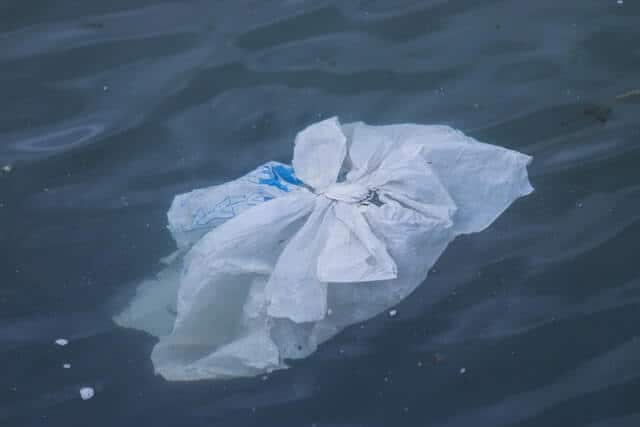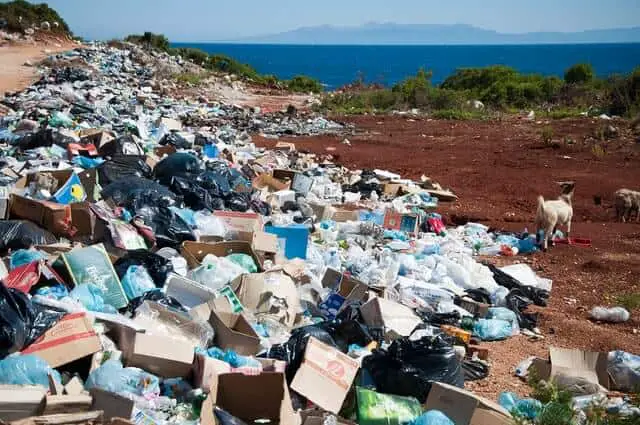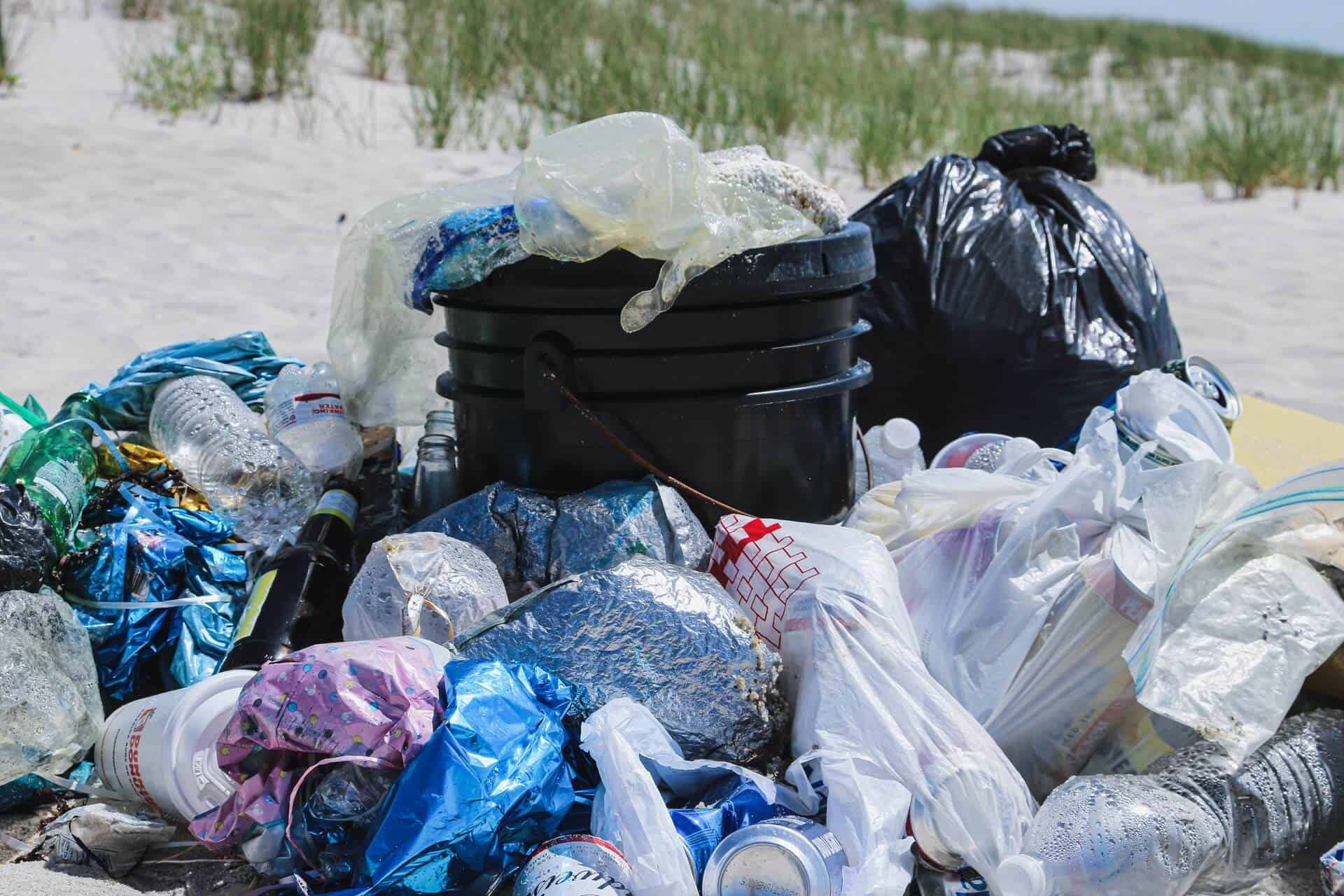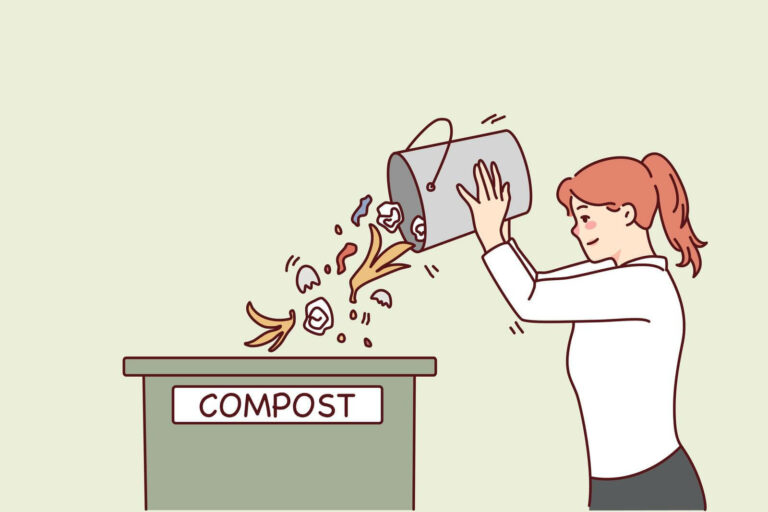Plastic products are all around us. We use them in our homes, offices, schools, and everywhere in-between. Our modern world has become increasingly dependent on mass-produced disposable water bottles, one-time-use cups, plastic cutlery, and the infamous plastic bags. Can you imagine the world was once entirely plastic-free? It seems hard to believe, but since around 1940 to the present, our dependence on plastics has created an unfathomable slew of environmental issues.
Quick Facts About Plastic Bags:
- Plastic bags are not biodegradable.
- One single-use plastic bag can take between 400 to 1,000 years to break down.
- Plastic bag particles contaminate our soil and waterways.
- Many animals accidentally ingest plastic bags thinking it’s food – causing potentially life-threatening health issues.
- According to the Center for Marine Conservation, plastic bags are among the top 12 most common items found during coastal cleanups.
- 100 billion plastic bags pass through the hands of U.S. consumers each year.
- A plastic bag is used for an average of 12 minutes before discarded.
The damages of plastic bags in our environment:
Clogged Sewage Systems
Any leftover rainfall will collect littered plastic bags and wash them into storm sewers. Once in these sewers, the bags often form clusters along with other debris and eventually block the flow of water. Excess water on the street can cause damage to cars, homes, buildings, and other properties. The next time it rains, and the roads are flooded, it could be because there are hundreds of plastic bags clogging the draining system.
Wildlife Harm
It’s no secret that animals suffer harm at the hands of plastic bags every single day. If an animal eats a plastic bag, it can’t break down in their digestive tracts. Just as it wouldn’t if we humans ingested a plastic bag. The bags can potentially poison the animals, or make them feel full, leading to malnutrition or starvation. Livestock, domestic, and aquatic animals have all suffered from plastic pollution.
all suffered from plastic pollution.
Sea turtles are at a higher risk of plastic bag related deaths compared to other marine life. They often mistake the puffy, floating plastic bags for jellyfish – a favorite food among many sea turtle species. One study shows that a whopping 52 percent of the world’s sea turtles have ingested plastic debris – many coming from plastic bags. Plastic bags alone are responsible for over 100,000 sea turtle and other marine animal deaths every year.
The Food Chain
If the old saying holds true, and we really are what we eat, we’re all in for a shock. When fish ingest toxic plastic debris, and we eat that fish, you guessed it; we’re contaminated with toxins too.
Litter

Plastic bags are sitting in landfills all over the world. Almost all plastic ever created still exists today. A single-use plastic shopping bag your grandma used to bring home groceries in 1972 is probably still sitting in the ocean or a landfill somewhere. Plastic shopping bags are a significant contributor to the massive amount of plastic debris found in the North Pacific Ocean.






